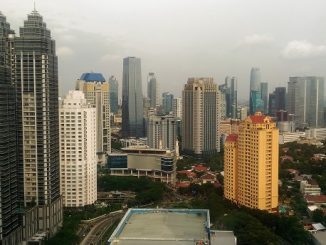RELATED TOPICS:
- The COVID-19 shock will also have a serious impact on poverty
- Stephen Hawking says technology could end poverty but urges caution
- Indonesia’s Chairmanship: ASEAN must have to be the epicenter of economic growth
“Indonesia needs to scale up its social protection, including both social assistance and insurance, as well as financial inclusion while making resilience investments in infrastructure to mitigate the impact from future shocks,” said Satu Kahkonen, World Bank Country Director for Indonesia and Timor-Leste. “Indonesia has good options within the current system to increase financing of more pro-poor investments.”
The report finds that around half of Indonesian women are excluded from the labor force and recommends that targeted policies could open opportunities for more women to join the labor force and contribute to country’s GDP growth. This includes policies for improving the quality and affordability of childcare and taking advantage of the country’s growing digital economy to unwrap opportunities and boost incomes.
Weather-related incidents, which occur regularly in Indonesia, often become the cause of economic shocks. Global climate change has caused a reduction to agricultural yields due to changes in precipitation, temperature, and extreme weather events. This report emphasizes the importance of investments in resilient infrastructure and climate-smart agricultural production to reduce harmful effects of natural disasters and limit shock devastation, particularly to the poor and economically insecure.





Leave a Reply